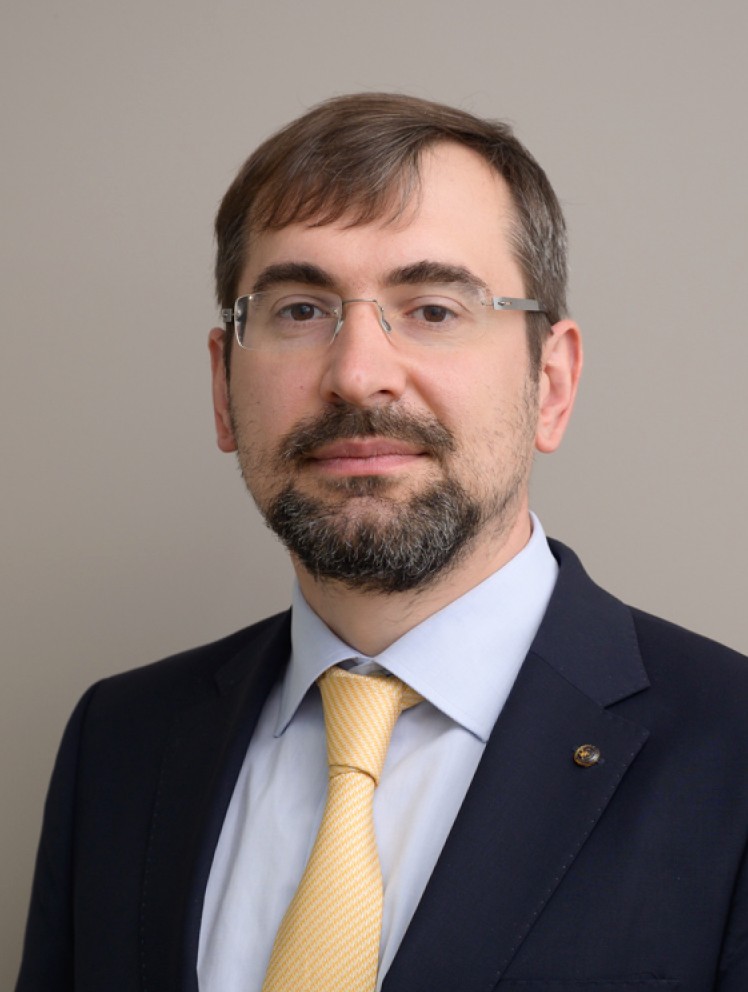Arthur Zurabyan commented on Gazprom’s deal to sell 1percent of its share of the Nord Stream-2 joint project
Gazprom will sell the French firm, Engie, another 1 percent share in the Nord Stream 2 AG joint project, which is implementing the North Stream-2 project, Gazprom reported. Engie shares will increase to 10 percent, while the Gazprom’s shares will drop to 50 percent. The parties signed an addendum to the contract that governed the original sale of 9 percent of the shares. Gazprom did not say when they would close the deal. A source in the energy monopoly stressed that the sale only represents an increase in the proportion of economic participation of Engie. Representatives of Gazprom and Engie did not respond to any questions.
The Nord Stream-2 project involves the construction of two gas pipelines, with capacity of 55 billion cubic meters of gas per year, that will run from Russia to Germany, under the Baltic Sea. Other European companies, such as BASF, E.On, OMV and Shell (each with 10 percent of the stock), also participate in the project.
Until now, Gazprom retained control of its international projects, and this is the first time it reduced its stakes to parity, noted Maria Belova, a senior analyst at Vygon Consulting. The proportion of 51 percent does not always mean actual control of a firm. For example, in its statements, Gazprom identifies the North Stream-1 project as a dependent, not a subsidiary, meaning that, in the board of directors, the monopoly does not have a majority, according to Maxim Moshkov, an analyst at UBS. It is unlikely that it is critical for Gazprom to have formal shareholder control in this joint project. Alexey Grivach, the deputy director of the National Energy Security Fund reasoned that, presumably, the project participants agree on joint management, and they avoid any unilateral actions that would lead to conflict.
Artur Zurabyan, the head of the International Arbitration Practice at ART DE LEX, said that it is unlikely that the partners will have any corporate procedure problems because parity implies that agreements among the shareholders will determine all matters related to the project.
A representative of the European Commission did not answer Vedomosti’s question about how the change in the shareholder structure will affect the implementation of the project. He only said that the project should meet all the standards of European legislation. Gazprom has a problem with the implementation of Nord Stream-2 because the Third Energy Package requires that it provide independent producers equal access to the new infrastructure, noted Alexey Ulyukayev, the minister of economic development of Russia. Belova said that a change in the shareholder structure does not affect the application of the law.
Grivach thinks the purpose of the deal is to balance and harmonize the shareholders’ structure. Engie is the last of the European partners to have joined the project, and at that moment, its share remains only 9 percent, whereas Gazprom’s other partners have equal shares of 10 percent, he recalled. Grivach added that, on Thursday, in Tsarskoye Selo, near St. Petersburg, at the time that Gazprom announced the purchase, Engie and Gazprom were celebrating the fortieth anniversary of Russia supplying gas to France. He concluded that, for Gazprom, the 1-percent sale is a very small concession, while it means a lot for strengthening relations between the two companies and for the image of the European North Stream-2 project.
At the moment, 1 percent costs almost nothing, according to Moshkov, because Engie has not invested much in the project. After the transaction, Engie will increase its share of investments in the construction of the pipeline. Mikhail Korchemkin, the director of East European Gas Analysis, said that, in return, the company might ask for a discount or for better conditions of delivery. He added that Russian gas supplies to France fell by one half, between 2005 and 2014, from 13.2 billion to 7.1 billion cubic meters.
